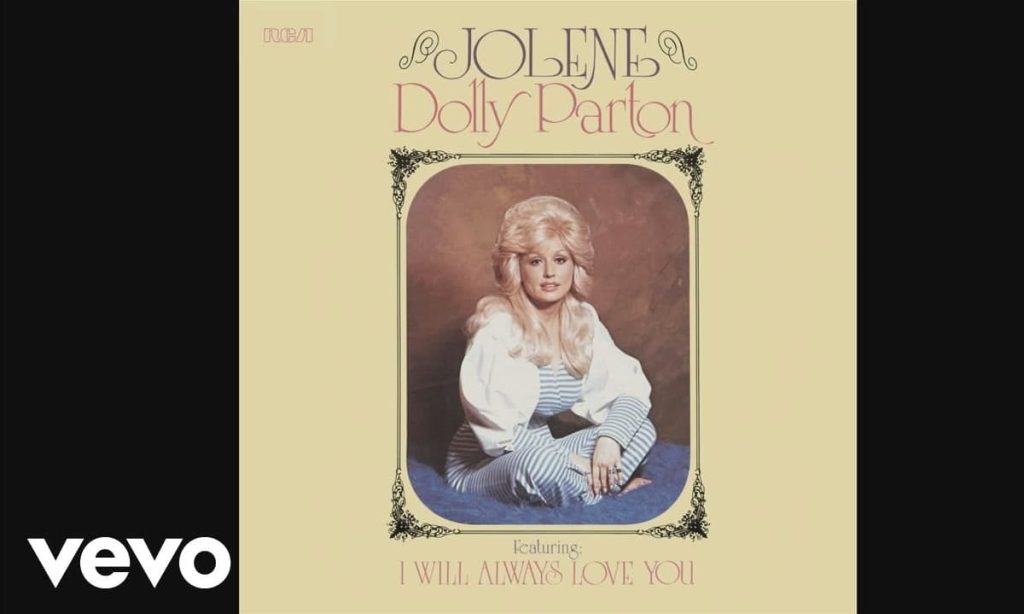
Dolly Parton’s Timeless Plea: The Enduring Legacy of “Jolene”
When Dolly Parton released “Jolene” on October 15, 1973, few could have predicted the profound impact it would have on the country music genre and beyond. A song that is as much about vulnerability as it is about strength, “Jolene” quickly resonated with listeners, securing its place as a defining track of Dolly’s illustrious career. From its initial release as the lead single from her album of the same name, “Jolene” showcased Parton’s remarkable ability to blend storytelling with emotion, creating a song that transcended its era and became a timeless classic.
Recorded at the famed RCA Studio B in Nashville, Tennessee, and produced by Bob Ferguson, “Jolene” was an instant success, climbing the charts and firmly establishing Dolly Parton as a formidable force in the music industry. The song’s haunting melody, combined with Dolly’s distinctive voice, captured the hearts of many, leading to its enduring popularity. It wasn’t just a song; it was an anthem for anyone who had ever felt the pangs of jealousy and fear of losing someone they loved.
At its core, “Jolene” is a simple yet powerful narrative. Dolly sings from the perspective of a woman who is pleading with another woman, Jolene, not to take away her man. The song’s lyrics, “Your beauty is beyond compare with flaming locks of auburn hair,” paint a vivid picture of Jolene as a captivating figure, one who seems almost otherworldly in her allure. This description, coupled with the raw emotion in Dolly’s voice, makes the song’s plea all the more poignant.
The inspiration behind “Jolene” is as intriguing as the song itself. Dolly has often recounted how the song was inspired by a red-headed bank clerk who was flirtatious with her husband, Carl Dean. This real-life encounter gave birth to one of the most memorable songs in country music history. But what makes “Jolene” truly remarkable is not just the story behind it, but the way Dolly Parton tells it—infusing it with a sense of urgency, desperation, and ultimately, empowerment.
Musically, “Jolene” is a masterpiece of simplicity. The song’s arrangement, featuring the guitar work of Chip Young and Wayne Moss, is understated yet effective, allowing Dolly’s voice and the song’s narrative to take center stage. The fingerpicking pattern, borrowed from the style of Joe South, adds a rhythmic complexity that complements the song’s melancholic mood.
The song’s success was immediate, and it quickly climbed the charts, becoming one of Dolly Parton’s most recognized hits. But its influence didn’t stop there. Over the years, “Jolene” has been covered by countless artists across various genres, each bringing their own interpretation to the song. From the White Stripes’ rock rendition to Miley Cyrus’ pop-infused cover, “Jolene” has proven to be a versatile and enduring piece of music history.
“Jolene” was not just a commercial success; it was critically acclaimed as well. The song was nominated for Best Female Country Vocal Performance at the Grammy Awards twice, in 1975 and 1976 for its live recording. Its legacy was further cemented when it was ranked No. 217 on Rolling Stone magazine’s list of “The 500 Greatest Songs of All Time” in 2004, and it climbed even higher to No. 63 in the revised 2021 version of the list.
As we look back on the legacy of “Jolene,” it’s clear that this song is much more than just a country hit—it’s a cultural touchstone. It has inspired generations of listeners and artists alike, and it continues to be a staple in Dolly Parton’s live performances. In a world that has changed so much since 1973, “Jolene” remains as relevant as ever, a testament to Dolly Parton’s genius as a songwriter and storyteller.